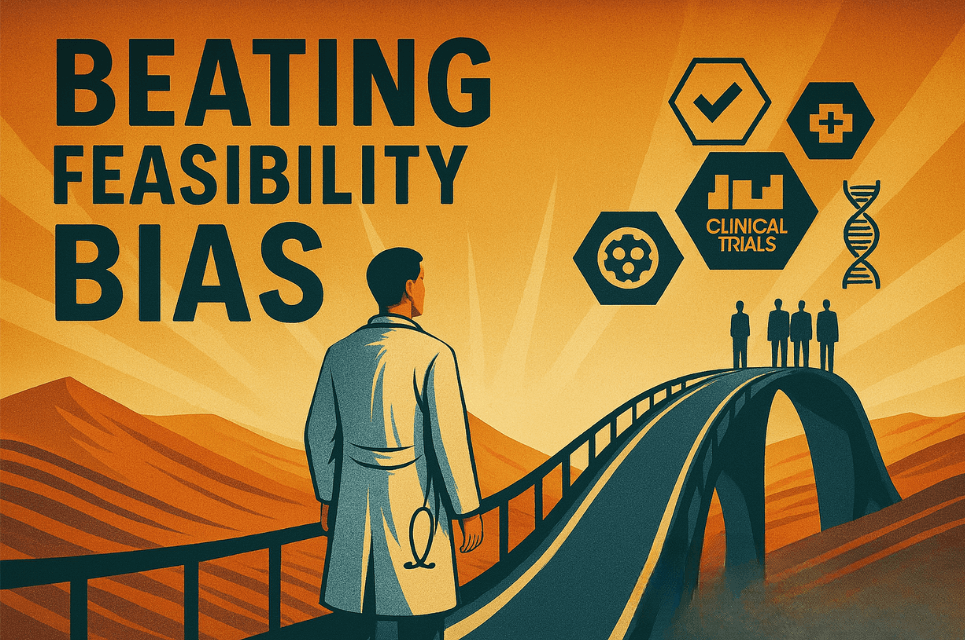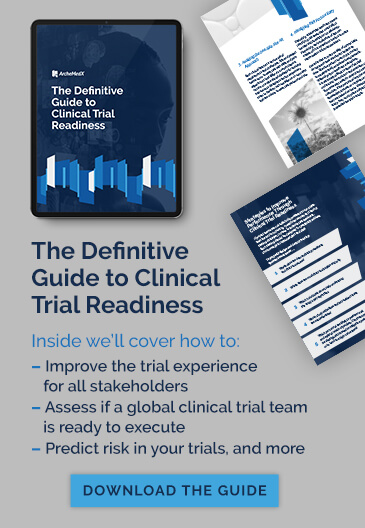
Mindset Matters
Mindset is often overlooked during trial planning, but it plays a critical role in how teams perform—especially under pressure. These articles explore how behavioral science can help trial sponsors and CROs improve study delivery by shaping how teams and sites think, learn, and act.


What We Think We Know: How Overconfidence Derails Clinical Trials
In clinical research, where accuracy, coordination, and compliance are non-negotiable, the greatest threat isn’t always a lack of knowledge. Sometimes, it’s the mistaken belief that we already understand more than

Why Mindset Matters in Clinical Research
Clinical trials professionals face a host of challenges: for some, it’s the complexity in protocol design, for many it’s lagging enrollment rates, and for others it’s the site burden that’s inherent to change management.

The Compounding Power of Training: Early Investment Yields Exponential Returns
The compounding benefits of effective training cannot be overstated. When clinical research associates (CRAs) and site staff are thoroughly prepared, they engage more deeply with the trial protocols, ask more insightful questions, and more proactively anticipate challenges.

Embracing Change and Intentionally Living ‘a Life of Why
I was recently invited to deliver a keynote presentation on embracing change. The audience was more than a 100 healthcare improvement and clinical trial professionals who had each committed to participate in a year-long collaborative.

Can We Predict Trial Success? From ‘Feasibility’ to Predictive ‘Readiness’
What learning science has taught us about the drivers and predictors of change—and applying those to clinical research practice. This article was first posted November 11, 2024 in Applied Clinical Trials

Optimism’s Hidden Costs: How the ‘Planning Fallacy’ Undermines Trial Success
Trial sponsors don’t miss timelines because they’re careless. They miss them because they’re human. Behavioral science calls it the planning fallacy.

Prioritizing People: Why ‘I-Frame’ Interventions are Key to Trial Success
We talk a lot about processes and platforms in clinical trials. But in the end, success comes down to understanding and supporting the needs of the people conducting the trial.

Rethinking Training: The Benefits of Embracing ‘Desirable Difficulties’
Four strategies for implementing this approach in clinical trial staff and site training. Brian S. McGowan, PhD, FACEHP, Chief Learning Officer and Co-Founder, ArcheMedX, Inc. If you were to
Recent Blog Posts
Experience ArcheMedX For Yourself
See how the Ready Platform can transform your organization’s learning and insights

